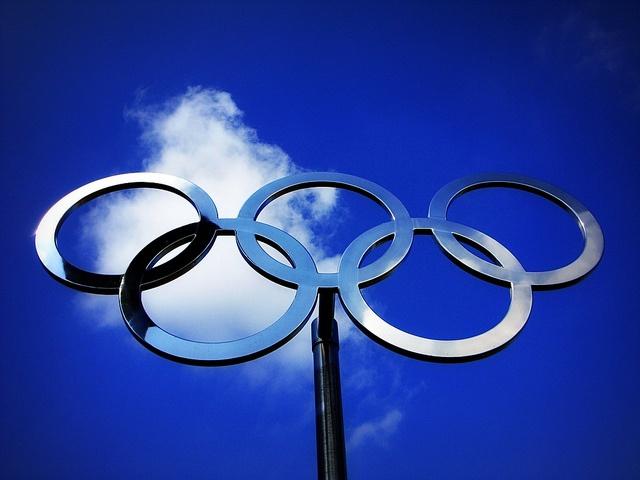
By Anna Johansson
In August, all eyes were on the Summer Olympic games, the world’s favorite sporting event. It only happens once every four years, and athletes train for hours a day to compete.
But scientists speculate that if climate change continues on its current trajectory, there won’t be a future for the Summer Olympic games. This information comes from a relatively new study in published in the Lancet, which maps out a model of temperatures from now until 2085.
According to the findings, only eight cities outside of Western Europe will be able to comfortably host the summer games in 70 years. Everywhere else, temperatures will be too high for safe athletic competition, based on the researchers’ findings.
Researchers from California, New Zealand and Cyprus used a combination of temperature and humidity data from the past several years to create a model that would show likely outcomes into the future. They also factored in physical abilities in relation to heat for events that require high physical exertion outdoors.
For example, runners competing in the U.S. Olympic Marathon Team Trials in Los Angeles were subjected to temperatures in the high 70s, a record high for the time of year. This was a common factor in many outdoor Olympic trials across the globe, and overheating became a major challenge for competitors during the final events in Rio. Several athletes overheated in the marathon and triathlon, which forced them to forfeit.
The temperature and humidity data gathered in this study primarily came from the cities most likely to host the Olympics in the future. It focused on the Northern Hemisphere because that’s where 90 percent of the world’s population lives. Most of that sector of the planet is expected to become inhumanely hot, at least where athletes are concerned.
All in all, the findings were not encouraging. “Increasing restrictions on when, where, and how the Games can be held owing to extreme heat are a sign of a much bigger problem,” the research team wrote, hinting at the high risk most cities face in having to cancel various outdoor events due to elevated temperatures.
“If you’re going to be spending billions of dollars to host an event, you’re going to want have a level of certainty that you’re not going to have to cancel it at the last minute," they continued.
As you can imagine, the Summer Olympics wouldn’t be the only sporting event to suffer. “High-visibility international athletic events such as the summer Olympics represent just a small fraction of heavy exertion outdoors,” the study reads. Sporting events all over the world may face cancellation if the heat makes it impossible to play.
Outdoor sporting events, including the Olympics, bring in billions per year in revenue for the participating countries. Millions of people are involved in both the production and the playing of these globally beloved sports.
That should put a lot of pressure on us to ensure conditions are hospitable, but Mother Nature is pushing back. After years of enduring inconsiderate house guests, the world seems to be telling its residents that it won’t take any more.
“Climate change is going to force us to change our behavior from the way things have always been done,” said Kirk Smith of the University of California, Berkeley, the lead researcher on the study. “This includes sending your kids outside to play soccer or going out for a jog.” Physical activity of all kinds will have to be kept indoors, and large outdoor sporting events may become all but impossible.
Unfortunately, the signs of global warming may not be enough to convince the world to make a change. It’s more likely that corporations will turn to more destructive methods of fixing the problem, such as building enormous playing fields with indoor climate control.
The amount of non-renewable resources and energy needed to run such facilities will be astronomical. Others may ignore the problem completely. Rather than hold the Summer Olympics in August when it’s traditionally scheduled, perhaps organizers will schedule it in the late fall or early spring when temperatures might still be bearable outside.
The study finishes with a plea of sorts to protect athletes and regular individuals as the climate rapidly drives median temperatures upward. It’s becoming more and more of a challenge to enjoy life as it is now into the near future if certain changes don’t get made; and boosting awareness and pushing for change is the only solution for a world that can continue to witness and participate in sporting events and other outdoor activities 70 years from now.
Image credit: Flickr/Shawn Carpenter
Anna Johansson is a freelance writer, researcher, and business consultant from Olympia, WA. A columnist for Entrepreneur.com, HuffingtonPost.com and more, Anna specializes in entrepreneurship, technology, and social media trends. Follow her on Twitter and LinkedIn.
TriplePundit has published articles from over 1000 contributors. If you'd like to be a guest author, please get in touch!














